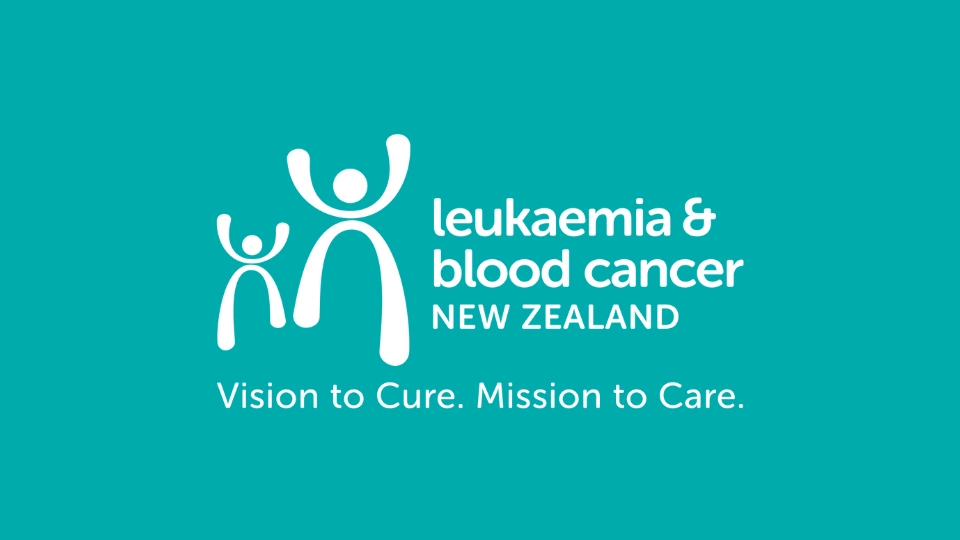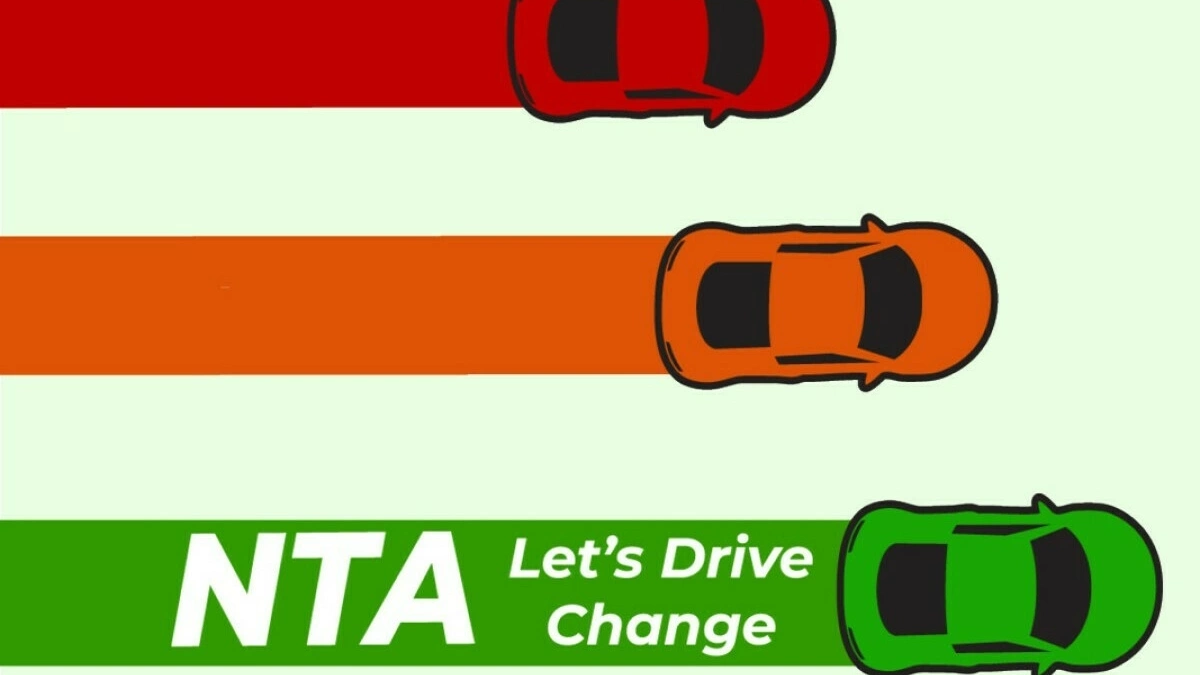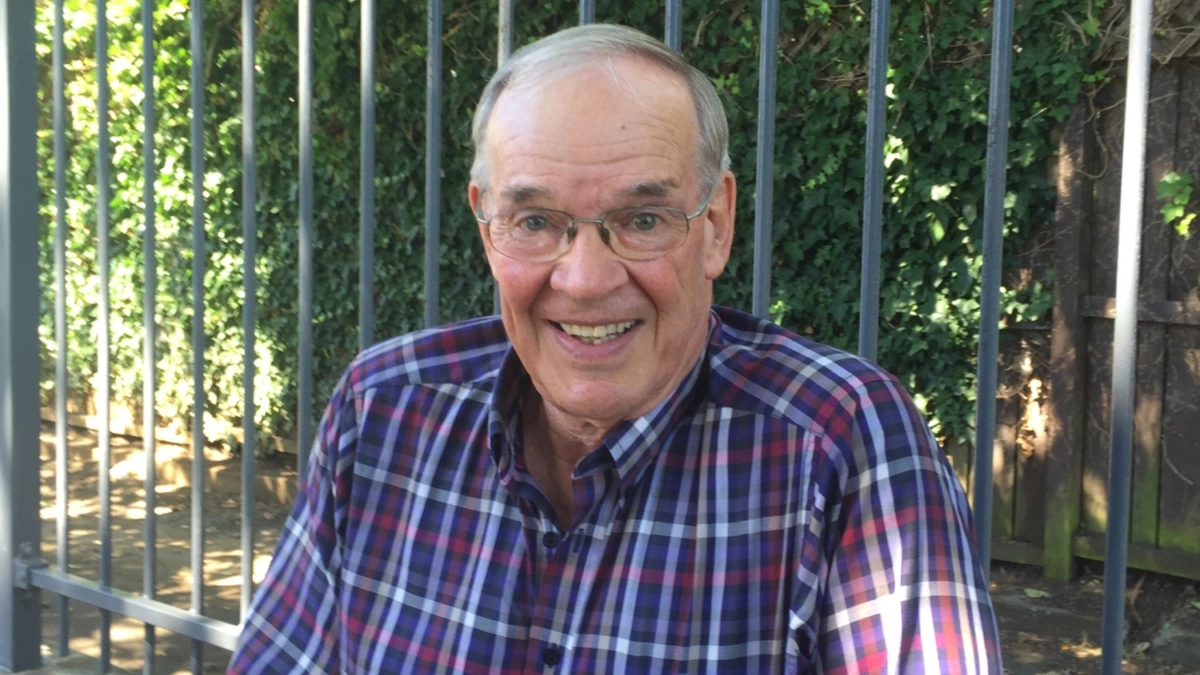-
 30 May 2024
30 May 2024A Significant Setback for Cancer Patients: Leukaemia & Blood Cancer New Zealand’s Response to the Budget
-
 24 Apr 2024
24 Apr 2024Generic Medicine Funding: A step forward? Maybe, but bigger changes needed!
-
 27 Mar 2024
27 Mar 2024Changes to the NTA, a step in the right direction
-
 28 Feb 2024
28 Feb 2024In Memory of Blair Wingfield, recognising a true Miracle Man